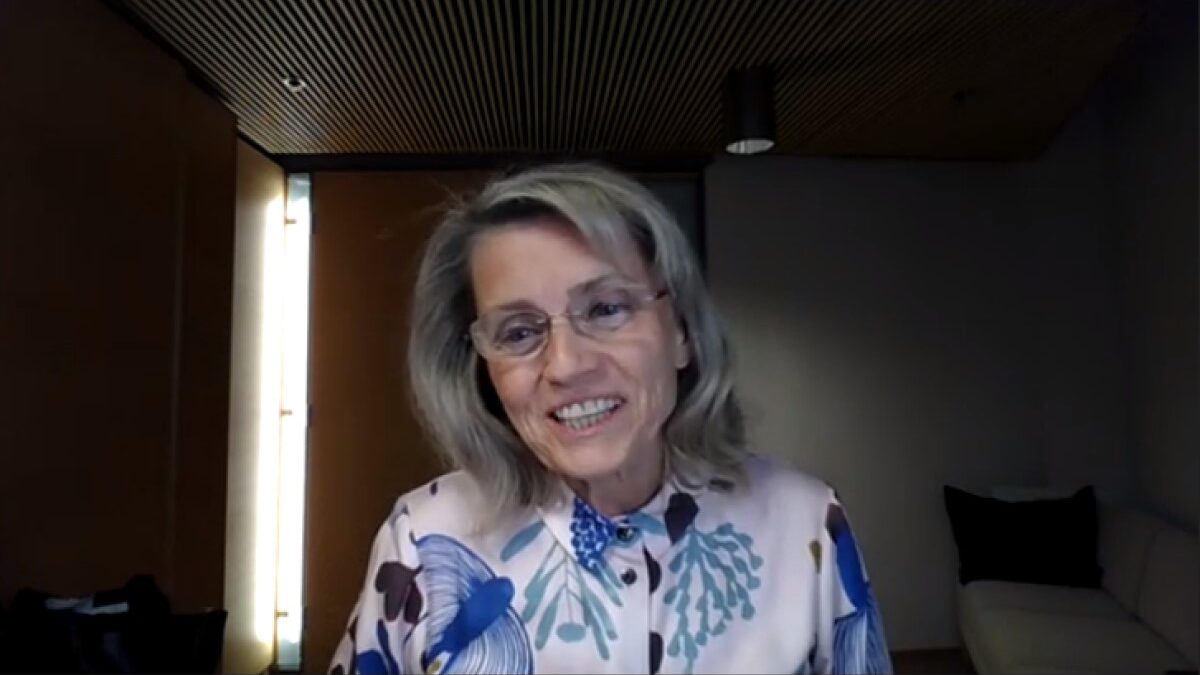
The Fifth Circuit Court of Appeals overturned a lower court ruling on a Texas case related to fetal cremation laws on Sunday, putting a check on the power of the state to probe the internal discussions of religious groups.
The court ruled in a 2-1 decision that the Texas Catholic Conference of Bishops (TCCB) does not have to hand over internal communications to Whole Woman’s Health, a Texas-based abortion chain. Whole Woman’s Health is suing Texas over a law requiring embryonic and fetal tissue be buried or cremated, claiming it violates the Constitution by placing an undue burden on women seeking an abortion. The court’s decision came on the eve of the trial.
The TCCB is not a party to the lawsuit, but its executive director, Jennifer Allmon, has testified in favor of both the fetal remains law and a prior regulation that also prohibited abortion clinics from disposing of fetal remains in a landfill or a sewer. Allmon said in the testimony the Catholic bishops’ conviction is that “fetal remains should be disposed of with respect.” She also told state officials that the TCCB had agreed to provide cremation and burial services free of cost at its Catholic-run cemeteries to eliminate the objection abortion providers had to the cost imposed by the new law.
Texas named Allmon as one of its witnesses in pretrial filings, so Whole Woman’s Health served the TCCB a third-party subpoena, demanding the Catholic organization turn over any written or electronic communications with the Texas governor’s office, the attorney general’s office, or members of the Texas legislature. The abortion clinic also sought to force the TCCB to give them all documents discussing embryonic and fetal tissue remains, miscarriages, or abortions.
After some negotiations, the TCCB provided Whole Woman’s Health with 4,321 pages of records, which included all of the group’s communications with third parties, such as state officials. But the TCCB refused to turn approximately 1,700 pages of internal communications, such as emails between the clergy and their staff.
The TCCB asked the district court to quash the subpoena for the remaining documents, arguing it violated the Catholic organization’s rights under the First Amendment, the Religious Freedom Restoration Act (RFRA), and procedural rules governing subpoenas.
The federal trial court denied the TCCB’s motion to quash the subpoena on June 17 and ordered the TCCB to produce the remaining documents within 24 hours. The TCCB immediately sought a stay and filed an emergency appeal with the Fifth Circuit. That court found in its decision Sunday that the lower court had abused its discretion in ordering the TCCB “to turn over to a public policy opponent its internal communications …”
The Fifth Circuit sidestepped the constitutional question of whether the subpoena violated the TCCB’s First Amendment rights, instead finding that the district court was required to quash the subpoena because the documents are privileged by RFRA.
In analyzing the TCCB’s right to religious freedom under RFRA, the Fifth Circuit stressed that “subpoena[s] can implicate free exercise claims” protected by RFRA. The court then held that the TCCB had established that the subpoena had imposed a substantial burden on the Church by interfering with its religiously-based decision “to support humane (and ‘human’) treatment of fetal remains.”
The court found the “substantial burden” is in forcing the TCCB to reveal “wholly internal communications” about its approach to and participation in matters related to the fetal remains law, as well as the chilling impact enforcing the subpoena would have. The court then stressed the broader implications of the subpoena:
The activities of any other religious institution forced to endure similar discovery — are ‘chilled’ by enforcement of this subpoena seems self-evident. As TCCB describes, in addition to the significant cost of complying with the original subpoena (100 work hours and over $20,000 in attorney’s fees), TCCB has delayed and missed ministry opportunities; suffered in relationships with other Catholic ministries whose communications it was forced to disclose; was required to cancel internal ministry reports and training materials; TCCB bishops and staff were discouraged from engaging in other public policy activities; and Texas Catholic cemeteries were deterred from participating in the fetal remains registry. TCCB’s ability to conduct frank internal dialogue and deliberations was undermined, and not only because enforcement of the subpoena inhibits the further use of email communications. … Even more disturbing, this discovery order forces TCCB to turn over to a public policy opponent its internal communications, setting a precedent that may be replicated in litigation anywhere.
The importance of the Fifth Circuit’s ruling in favor of the TCCB cannot be understated: Had the federal appellate court allowed Whole Woman’s Health access to the internal communications of the religious organization, it would have launched an entirely new front in the culture wars.
“Hitting churches with subpoenas to win the culture wars was a bad idea from the state,” said Eric Rassbach, vice president and senior counsel at Becket, the public interest law firm that represents the TCCB. “We are glad that the Fifth Circuit recognized the deep problems with allowing lawyers to use the power of the court system to probe the private religious discussions of religious groups. That is especially so here, where the plaintiffs oppose the Texas Catholic bishops’ right to participate equally in public discourse. As the Fifth Circuit’s opinion makes clear, courts should not let religious groups get caught in the crossfire on fraught public policy issues like abortion.”









